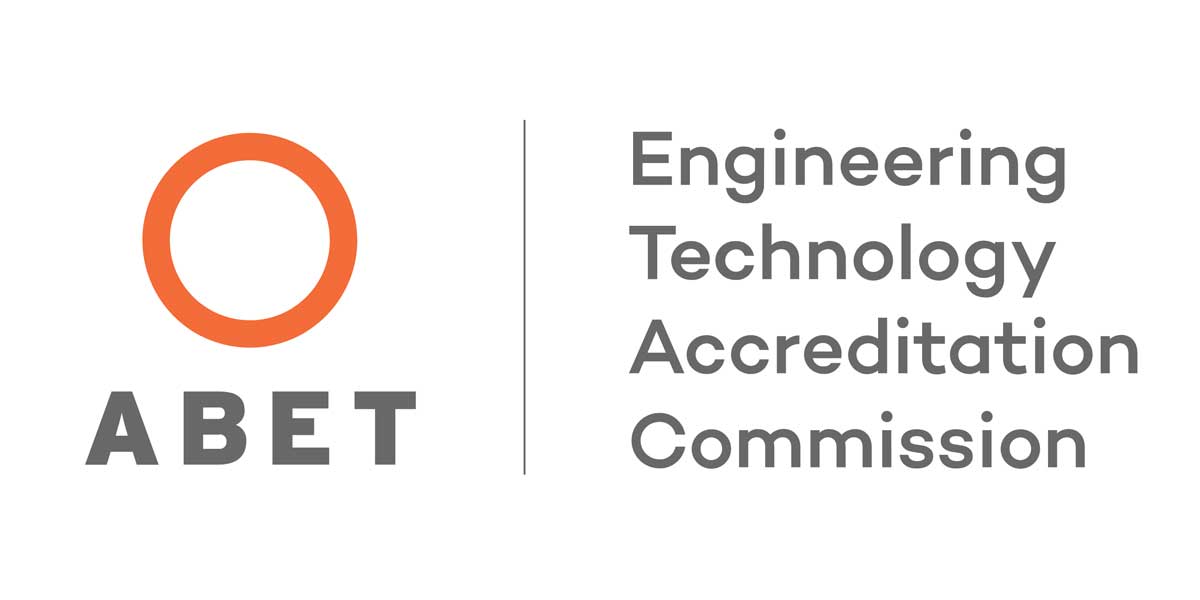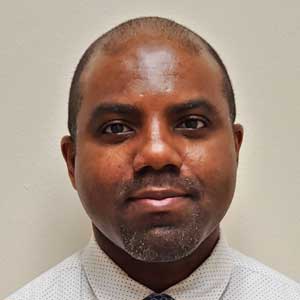
Solve Environmental Issues
Combine the power of engineering with the passion for sustainability.
You’ll build a career addressing some of the most vital regional and global challenges—from air pollution to water quality. If you've got the passion, our program gives you the tools to make a difference in your community through the application of engineering principles and environmental sciences.
Careers
As an ABET-accredited program, we provide the education you need to become a licensed professional engineer.
Research
Create knew knowledge working side-by-side with expert faculty conducting research and improving sustainable best practices.
What Does an Environmental Engineer Do?
Becoming an environmental engineer often gets you higher pay, better job security and more employment prospects than other environmental degrees because our program is more focused and develops specific, technical skills. You'll prepare yourself more rigorously to find solutions to mitigate pollution and other environmental problems. As an environmental engineer, you will:
- Design and build technology to protect the environment, like wastewater treatment and hazardous waste minimization.
- Ensure organizations are complying with environmental regulations.
- Research ways to mitigate the effects of pollution.
- Monitor effectiveness of your designs in environmental protection.
- Consult with organizations about clean-up of contaminated sites.




Learn in the Field
–Literally
Our location provides hands-on opportunities for your education.
Your classroom includes the natural beauty of the UW-Green Bay campus, our 290 acres of natural arboretum and the bay itself. From day one, you’ll connect with the region’s natural resources to inspire your studies, provide opportunities for research and fuel your passions.

ABET Accreditation
The UW-Green Bay Environmental Engineering Technology Program is accredited by the Engineering Technology Accreditation Commission of ABET. Our ABET-accredited program provides the requirements to sit for the professional engineer (PE) exam. The PE license is the highest designation for an engineer. Unlike mechanical and electrical engineering technology, companies generally require environmental engineers to be certified PEs.

Experiences You
Need
"From lectures and labs to group projects, UW-Green Bay has provided me with the experiences I needed to become a knowledgeable, practical and commutative engineer. Everything I have worked on so far in my career has had some sort of connection to what I've learned through this program."
Maria Yang '19
Environmental Engineer, Himalayan Consultants

Ask the Professor
Meet Kpoti Gunn, an environmental engineering professor who does hands-on research on environmental contamination and consults for local firms. He’s dedicated to developing well-rounded engineering technologists who can adapt and succeed.